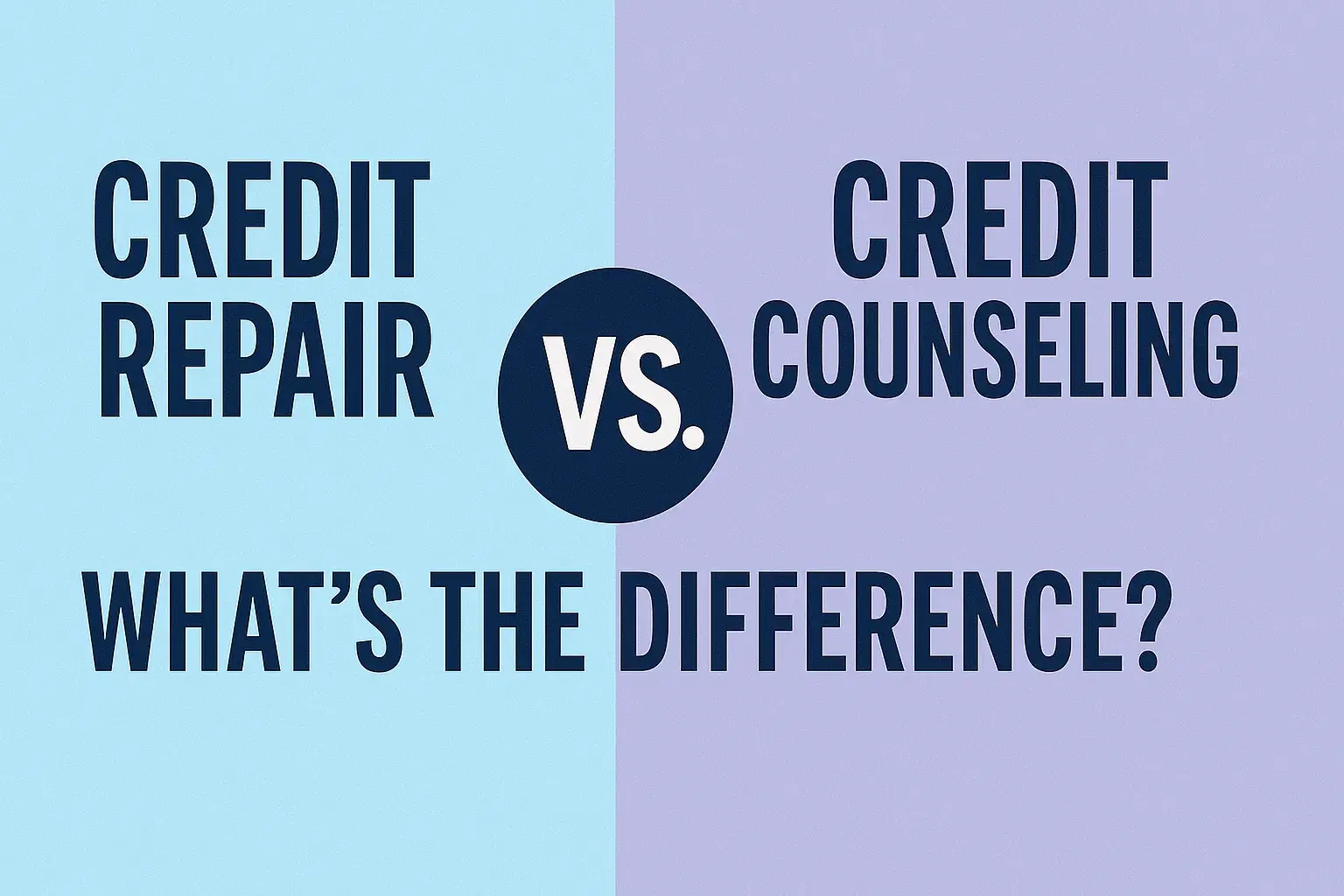When Does A Repo Go On Your Credit?

Repossession is often a very traumatic event that can hurt a person emotionally and financially. Another common question is how a repo affects a credit report and score, which is an issue that worries many individuals. But when does a repossession appear on your credit report? But how does it affect your credit, and for how long?
The first repo appears on a credit report.
A repo will, more often than not, appear on your credit report shortly after the car or any other asset has been repossessed. A large number of auto lenders and finance companies are known to report repossessions to credit bureaus such as Experian, Equifax, and TransUnion within 30 days of the actual repossession. However, some of them take a long time to report, while others report within a few days after regaining the collateral. Thus, you can count on the repo to be reflected on your credit report within 30 days, although it can be reflected earlier.
The exact time it takes for the repossession to hit your credit report can depend on a few factors, such as.
The frequency at which the lender reports the repo activity to the credit bureaus. Some may report more frequently than others.
How often does your credit report get updated with new details? Creditors report data in a particular cycle, usually every month; therefore, it may take till the next reporting cycle.
After it appears, you may find terms such as ‘voluntary surrender, ‘involuntary repossession,’ or other similar wording that describe that the car or any other valuable was repossessed because of non-payment.
The duration that repossessions remain on credit reports
Now for the bad news: A repossession does not fall off your credit report easily, as it can remain there for up to seven years after the first appearance.
The negative items such as collections, late payments, and repossessions remain on your credit report for about seven years before they are wiped out automatically. This aligns well with the federal Fair Credit Reporting Act on how long the aforementioned negative items are legally allowed to appear on your history and affect your credit.
Technically, a repossession can potentially show less than seven years if the debt gets fully paid off. However, most of the individuals who are threatened with vehicle repossession cannot easily come up with the balance of the amount needed to clear the loan after the car has been repossessed. The loss of a vehicle substantially limits the ability to go to work and earn money to repay debts, essentially making it difficult financially. Thus, in practice, you can count on repossession to remain on your credit report for the complete seven years unless the lender decides to delete it early or you challenge the repossession information with the concerned credit bureau(s).
How Repos Affect Your Credit Rating?
Even if it appears on your credit reports kept by the three major credit reporting agencies, a repossession can damage your FICO, VantageScore, or any other credit scoring system significantly. The scores are computed slightly differently in each model, but you are going to lose a huge amount of points that drop your initial scores over more than 100+ easily. So, for instance, if one had a good credit score before the repo in the 700s, a repo will pull scores down to the 500s in the subprime range.
The loss is so acute because repossessions represent the highest form of credit risk. When one is unable to make the minimum monthly car payments and, in the process, loses the car, then this is indicative of future inability to meet other obligations on consumer credits. Lenders' perception of creditworthy borrowers is considerably blurred after a repo.
Nevertheless, years after the first repossession date, the effect on the scores is gradually reduced if you start rebuilding credit responsibly. So, a repo will appear in your credit history for 7 years until it is removed, but its impact gradually decreases as the list of positive information increases.
How to rebuild credit faster after a repossession?
This is very true, as it can take some years before a repo can fade away from your credit history for seven years. But there are techniques for starting to rehabilitate your scores more quickly in the meantime.
- Get a secured credit card - They are like typical credit cards in that you are given a line of credit, but you have to make a cash deposit to get this line of credit. On-time monthly payments also create a recent positive credit history. Opening new accounts at a slower rate is effectively reducing the mathematical effect of the old defaulted repo account.
- Get a credit-builder loan – These are not regular loans where you’re given cash at the start. It involves making payments into a bank account for a period of between 6 and 24 months. At the end of the loan, you receive your money to use by paying the installments. However, information about timely payments of loans gets reflected to help with scores during the repayment period.
- Get an authorized user - If you have a friend or relative with a long positive credit history, you can request that they include you on one of their credit card accounts. This good payment record will begin to support your report from them.
- Reasons to contact lenders – Write friendly letters asking for the removal of the default as soon as possible. However, it is highly unpredictable, and not all creditors will agree to the compromise; some might delete the repo even before the full term. Getting better scores earlier enables them to be repaid on other accounts.
- Increase credit lines – Request issuers to increase the credit card limits for any card with a perfect record of payment. Higher total combined limits aid in enhancing credit utilization ratios that define the scores. It is recommended to apply for limit increases every 6-12 months.
- Check all 3 bureau reports – Go to annualcreditreport. Com and order free annual reports to make sure there are no errors. If there are mistakes, start the arbitration processes early enough to try and get these errors rectified. After a repo, inaccuracies are felt more since one has to endure an extra day of heightened sensitivity due to the repo status.
A car repossession is very stressful financially and emotionally, and it severely impacts credit in the first place. But patiently reconstructing the scores is quite achievable before the defaulting ages off your credit history. Paying bill payments on time, starting from secured cards, credit builder loans, and new positive account repayments, can cover past reports. Hence, as repossessions are reported for seven years, better days could be waiting for your scores if you remain patient and practice good habits.
Ready to boost your credit score? Call +1 888-804-0104 now for the best credit repair services near you! Our expert team is here to help you achieve financial freedom and improve your credit. Don't wait—get started today!
Related Stories
Recent Posts
How to Choose a Credit Repair Company in 2026
Does Closing a Checking Account Affect Your Credit Score? Here’s the Truth
Is a Home Equity Loan a Second Mortgage? The Definitive 2025 Guide
Which Credit Score is Most Accurate? FICO vs VantageScore
Does Closing a Checking Account Affect Credit Score? – Complete Guide for Consumers


